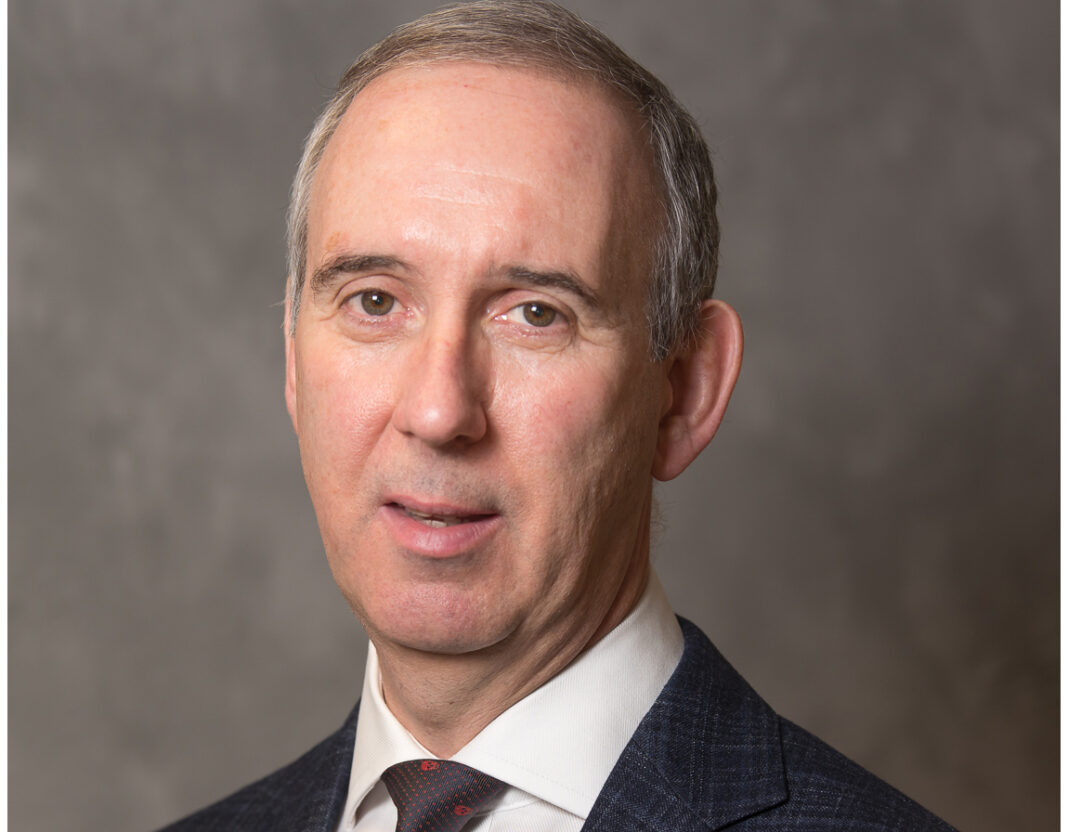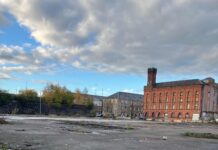
THE Scottish Property Federation (SPF) has written to finance secretary Kate Forbes MSP, urging her to support the decarbonisation of the built environment and assist those impacted by the pandemic that have so far been out of scope for Scottish Government help.
Ahead of next week’s Scottish Budget, the SPF is calling for the government to incentivise the retrofit of commercial buildings and promote property improvements to support zero carbon heat in Scotland.
Similar measures were implemented in England following the UK Autumn Budget.
The SPF has also highlighted the difficulties faced by businesses of all sizes in the face of the pandemic, yet have not been supported through the rates relief provided for other companies.
As the pandemic drags into a potential third year, the SPF claimed it it will be vital for a broader economic support package that will aid businesses to protect employment and rejuvenate high streets and town centres.
Kevin Robertson, chair of the Scottish Property Federation, said, “Against the backdrop of the pandemic’s enduring impact on the economy, the finance secretary has an opportunity next Thursday to use her powers to help to protect businesses, promote investment in our high streets and ensure that our buildings are prepared for a net zero Scotland. It is vital this opportunity is not lost.
“We have a counterintuitive business rates system in Scotland that can penalise property owners for improving the sustainability of their buildings and this must be addressed. While more stringent energy efficiency regulations are coming down the track for new buildings, we cannot forget about our existing stock and the need to end its contribution to climate change.
“With the unwelcome discovery of the Omicron variant of Covid-19 threatening to slow the reopening of our town and city centre economies, we have supported the wider business community calls for rates relief for the retail, hospitality and leisure sectors. But we need further action from the Scottish Government to help those businesses that have not been directly supported over the past two years.”








